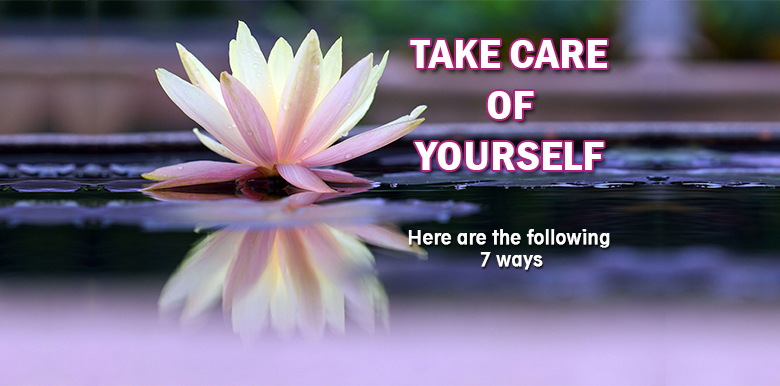The world is getting panicked right now, because of the global pandemic around Corona virus. If you are feeling overwhelmed or stressed by all the chaos from the news, you are not alone. We’ve put together list of ways you can take care of yourself during self-isolation.
1. Research and learn – Do a thorough research on COVID-19 and know what truth is and what a myth is. Consider which might be your touch points for risk and what you could do to prepare for this.
2. Accept your worries – Having an emotional reaction is absolutely normal and is a sign of your body’s natural mechanism. It is beneficial – it means you more likely to take precautions such as a healthy habit like washing hands.
3. Look after yourself – It is very important to take care of yourself in this time and build up our immunity system. It’s more likely you are munching on unhealthy snacks and chocolates to cope up with this stressful time. The evidence however and engaging in healthy promoting behaviors, you will be protecting yourself both mentally and physically of the Corona-virus.
4. Consider the information you receive – We are bombarded in our daily technology-filled lives with more and more information and it is hard to get away from it. Much of the reporting around the Corona virus is poor quality and factually inaccurate – feeding feelings of mass hysteria and paranoia. Both a lack of information and poor quality information has been shown to increase irrational thinking.
5. Focus on what you can control – When we feel that a threat is uncontrollable (i.e. that we can do nothing about it), we are also less likely to engage in problem solving or respond flexibly to new situations – in other words, to be able to protect ourselves when and if we need to. Recognizing what we are in control of is therefore really important.
6. Threat of Corona virus – Create a list of with two columns. In the first column write everything that you can control the virus (that you have influence over with respect to the Corona virus). For instance this could include using preventative behaviors such as hand washing, covering your mouth when sneezing or coughing, and eating and sleeping well. In the second column, write everything down that you can’t control about the virus.
7. Think about prevention, not avoidance – Research has shown that for this type of threat, three responses are most common; a) wishful thinking (where we just hope the whole thing will go away); b) support seeking (where we rely on others for instrumental or emotional support) and empathetic responding (where we cope by considering the impact on others). The problem is that not all of these responses are as useful as the other. If you are a person that tends to think ‘that it will all blow over’, you are also more likely to use behaviors like avoiding people and public places, but at the same time are less likely to engage in health promoting behaviors (like hand washing). Relying on others to cope is also often unhelpful, particularly if those people are as worried as you are. The most effective coping response is the empathetic one. Those people who, when under threat, are able to consider how others are thinking and feeling around the threat, are more likely to engage in productive health behaviors – and it is the preventative behaviors (visiting a doctor if you feel unwell, covering your face when sneezing and coughing, and hand washing) that contribute much better to well being of yourself and others than avoiding people and places. Try to consider the impact that the Corona virus is having on others all over the world; and how your actions can keep both you and others safe and well.
Covid-19 continues to spread at a very fast pace and is impacting economies across the world. India on Friday recorded the highest number of corona virus cases so far in a single day, taking its total to 873. The death toll has climbed to 19, according to health ministry.
